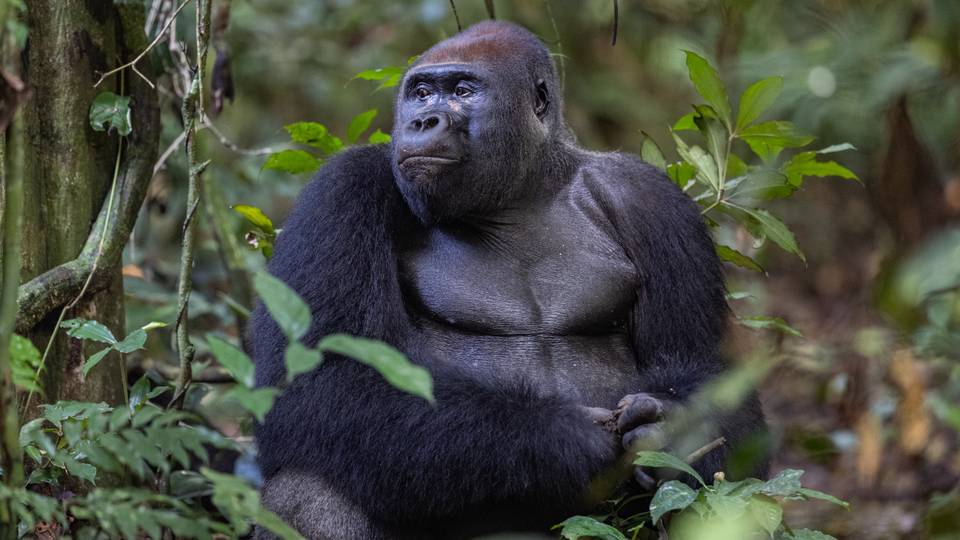Sport
Dollar
38,2552
0.34 %Euro
43,8333
0.15 %Gram Gold
4.076,2000
0.31 %Quarter Gold
6.772,5700
0.78 %Silver
39,9100
0.36 %The Nouabalé-Ndoki National Park is composed of tropical rainforest that has never been logged and is home to wildlife that has never had contact with humans.

By Kudra Maliro
Congo-Brazzaville's Nouabalé-Ndoki National Park has become the first site in the world to be recognized for its ecological integrity.
It follows an in-depth process based on the global standards for Key Biodiversity Areas (KBAs). The park which has been managed by Wildlife Conservation Society for over 30 years.
In wildlife conservation terms, ecological integrity recognises areas that remain free from major disturbance, thus preserving the structure, composition and functions of their ecosystems.
This designation comes at a crucial time, as the international community redoubles its efforts to achieve global biodiversity targets.
"This is a significant step forward for global conservation efforts," Richard Malonga, WCS Country Director, told TRT Afrika.

"By recognizing areas of high ecological integrity, we are promoting the protection of ecosystems that are vital to the survival of countless species, and to the health of our planet".
The global standards for Key Biodiversity Areas, published by the International Union for Conservation of Nature (IUCN), establishes rigorous criteria for identifying sites of global importance for the persistence of biodiversity.
The Nouabalé-Ndoki National Park, which covers more than 4,000 square kilometres of tropical rainforest and is home to large populations of endangered mammals, has never been logged, has no roads and is home to wildlife that has never had contact with humans.

This nature reserve plays an obvious role in regulating the climate and storing carbon.
Using satellite images and field studies of key species such as forest elephants, gorillas and chimpanzees, WCS biologists and the KBA secretariat have assessed the state of the forest and the abundance of wildlife in northern Congo and Gabon, and have been able to confirm that the Park has exceptional ecological integrity.
Identifying and protecting areas of high ecological integrity is essential for conserving biodiversity, mitigating the effects of climate change, guarding against zoonotic pandemics and maintaining the vital ecosystem services provided by these areas.
"This project contributes to the efforts already being made in our country by helping to meet the challenges facing biodiversity, by influencing the priorities for action to achieve the objective of the post-2020 global agenda", said Congolese Environment Minister Arlette Soudan Nonault at one of the meetings that led to the recognition of the Park's ecological integrity.

The minister added "this result testifies to the Republic of Congo's commitment to preserving its natural heritage".
The WCS manages the world's largest conservation programme, protecting more than 50% of the world's biodiversity, in partnership with governments, indigenous peoples, local communities and the private sector.
The Nouabalé-Ndoki National Park was created in 1993 in the northern provinces of the Congo, and is home to forest elephants, great apes, notably the western lowland gorilla, and eastern subspecies of chimpanzee and bongo.
➤ Click here to follow our WhatsApp channel for more stories.
Comments
No comments Yet




















Comment